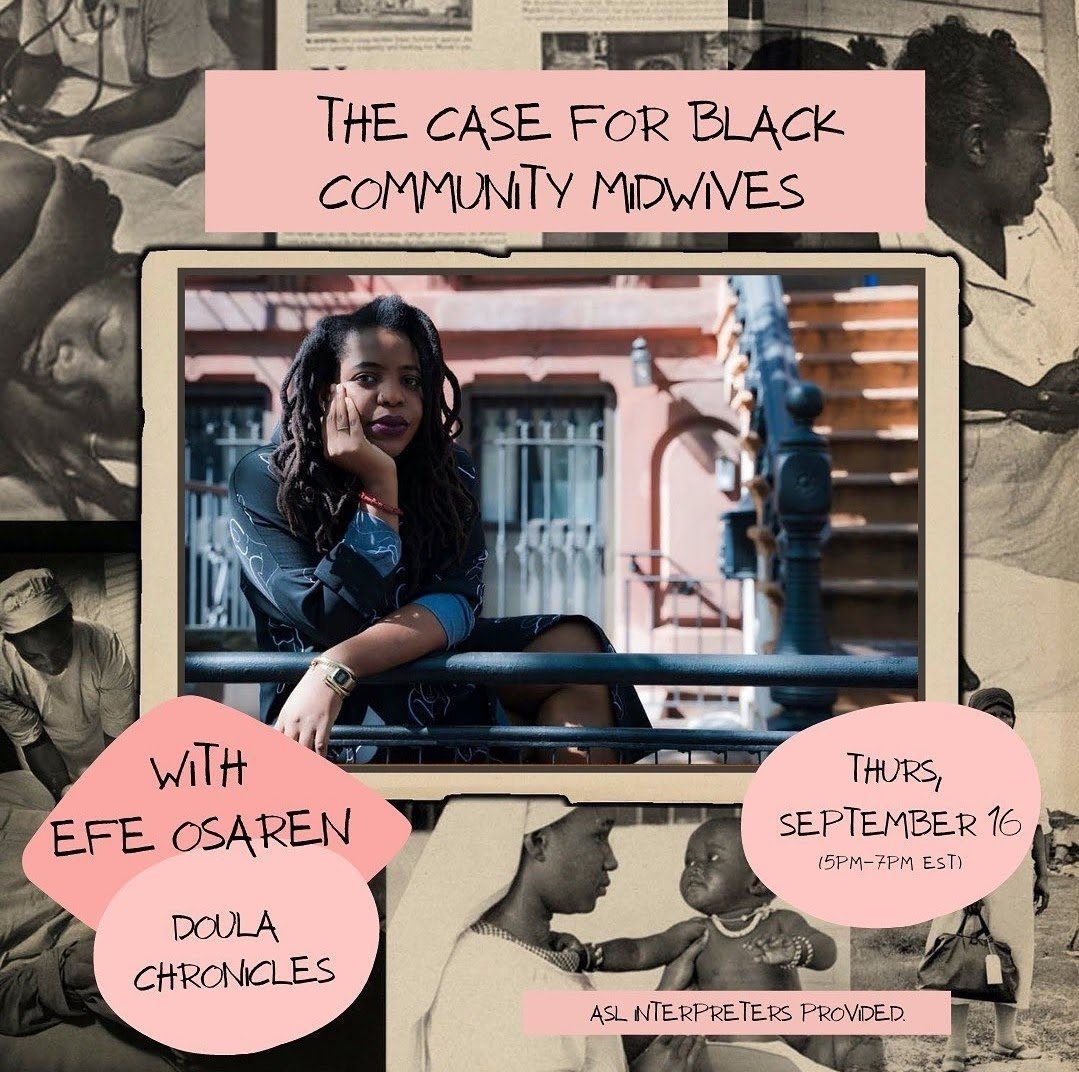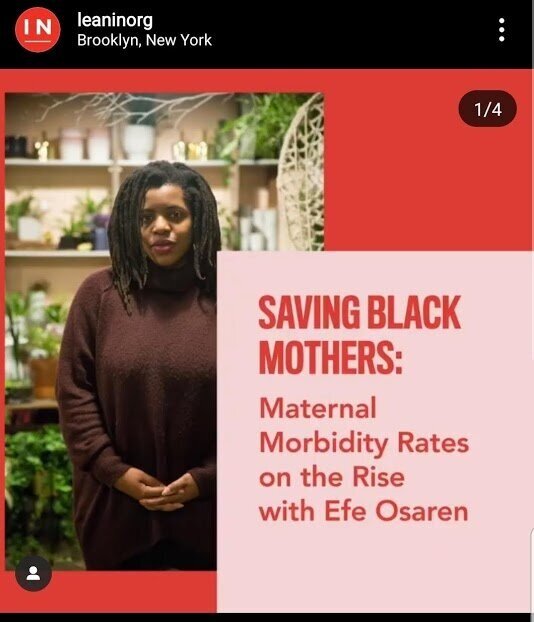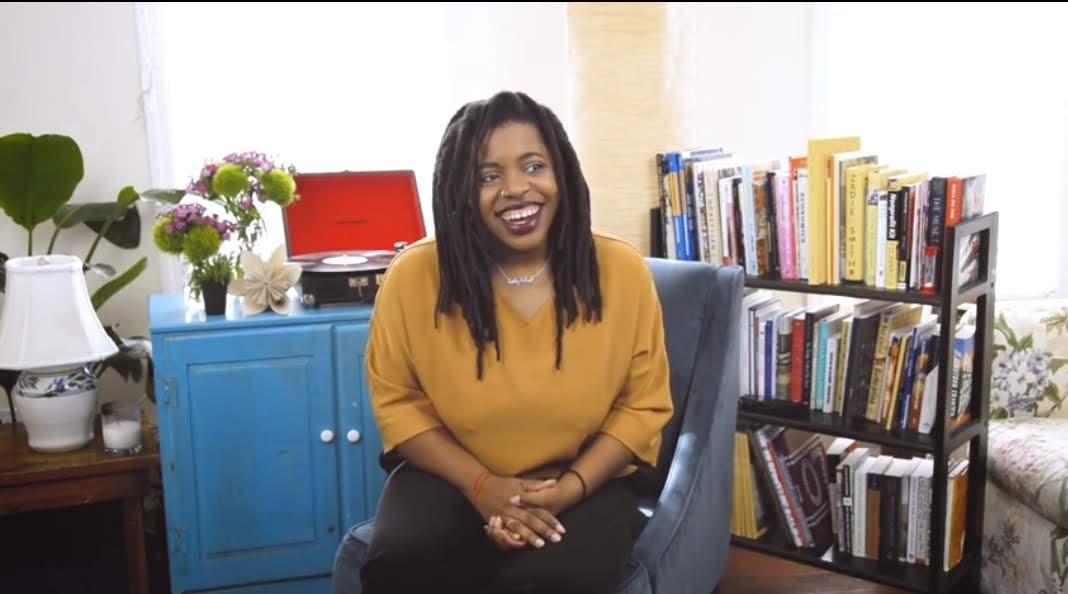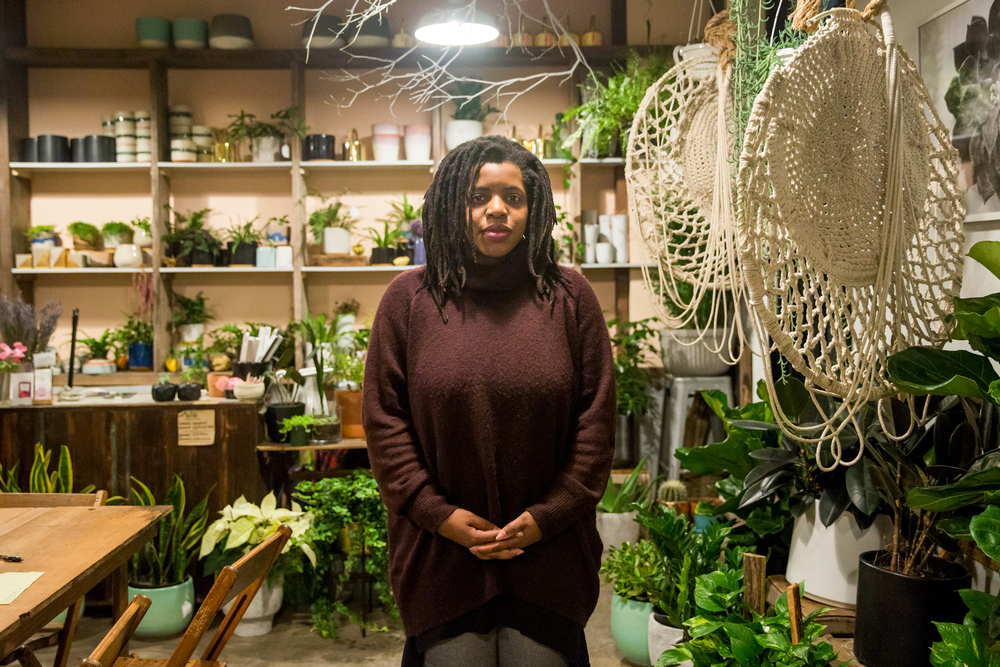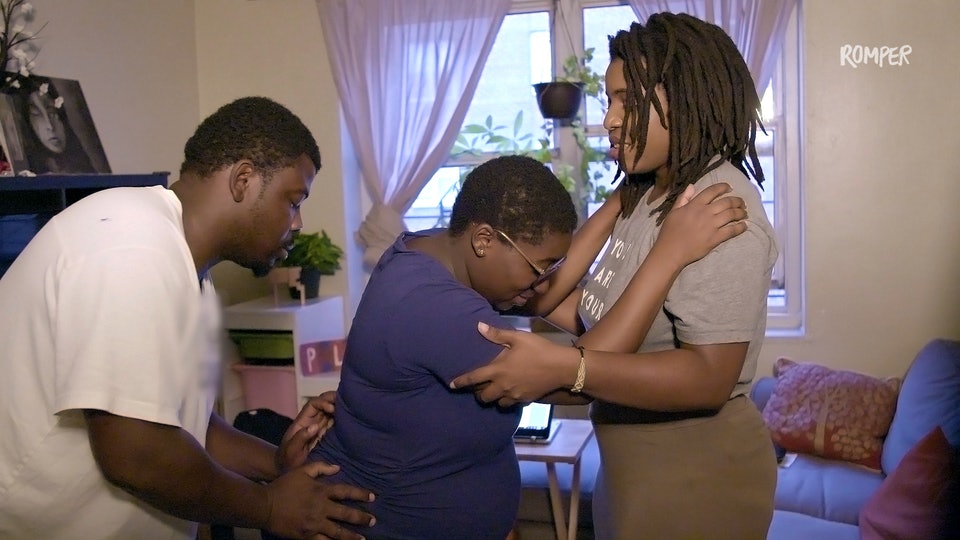Media
Remembering Sarah Hudson Grant, a Black midwife from the South
Despite limited resources, generations of Black midwives in the rural South have played crucial roles in their communities
Bone Black: Midwives vs the South
By Director Imani Nikyah Dennison
Bone Black: Midwives Vs. the South, an experimental documentary about the history and erasure of Black midwives in the American South and how the attack on birth workers has contributed toward the Black infant and maternal mortality crisis.
The Case for Black Community Midwives
A conversation on black midwifery and the necessity for black community midwives.
All Black Everything: Is a Diverse Healthcare Workforce Enough to Eradicate Racism in Medicine
By Black Women’s Dept. of Labor
Tune in to hear the benefits of adding more Black folks to the healthcare workforce, as well as how this diversity-based approach is an incomplete strategy to remedy health inequity, including The ways racism is embedded into healthcare education, training, tools, and systems
How harm can be reproduced in medical settings regardless of the race of the provider
How Black folks can have poor experiences with Black providers
Alternative and additional strategies to ensure better health experiences and outcomes for Black pregnant and birthing people
Goalkeepers Report 2021 Bill & Melinda Gates Foundation
Innovating for Birth: Efe Osaren
“Just as countries, communities, and organizations have been innovating during the pandemic, millions of individuals around the world have shown us that each of us—all of us—can also make a mark. As a doula who was unable to be in hospital rooms with her clients due to COVID-19, Efe quickly pivoted her work by teaching virtual birthing classes, empowering her clients through knowledge, and connecting via video chat through labor.”
To Doula or Not to Doula: Improving Birth Justice for Black Women
By Esnala Banda via Amaka studio
Doulas provide non-medical assistance throughout the perinatal period. This includes physical, emotional, and informational support.
Black Midwifery: Past, Present, and Future
By Takiya Sakina Ballard, Licensed Midwife
The Savvy Black Birther is a podcast that inspires, cultivates, validates, and protects the voice of Black Mothers as consumers of healthcare in the United States. It equips the black and indigenous birthing person to become a savvy healthcare consumer during pregnancy, birth, and postpartum. It is an educational and empowerment resource offering evidence-based information and is hosted by the community’s midwife Takiya Sakina Ballard, Certified Nurse Midwife.
Bringing Her Home: Mural for Sha-Asia Semple Unveiled in Bed-Stuy
By Jessy Edwards via BK Reader
The 26-year-old died during childbirth at Woodhull Medical Center July 3, highlighting the maternal death rate for Black women
Black Birth Matters: The Case for More Midwives (NAPW Student Series)
by The National Advocates for Pregnant Women
The U.S. is experiencing a Black Maternal Mortality Crisis, where 1 in 4 women of color report mistreatment during birth. In this webinar, Efe Osaren, a Nigerian-American Student Midwife, Full Spectrum Doula, and Reproductive/Birth Justice Advocate discusses real solutions, shares the joys of home birth midwifery, and answers 77 questions from students.
#INThisTogether @leaninorg
By Lean In
Women in the U.S. are more likely to die from childbirth or pregnancy-related causes than any other women living in countries with a comparable standard of living. #Blackwomen face even more daunting odds, being 4-5x more likely to die than white women, according to CDC. The topic of race and its role in maternal morbidity is heating up as a point of public policy discussion, but there are some who are tired of talking and want solutions.
Doula 101
Womanly Magazine and Health In Her HUE teamed up to share the stories and experiences of Black women across the maternal health spectrum. For more information on Black Maternal Health visit womanlymag and healthinherhue
Village Gift Recipient: Efe Osaren, future midwife The Educated Birth
by Cheyenne Varner
If it takes a village to raise one child, it's going to take many villages to support work that challenges and counteracts injustice in pregnancy, birth, and postpartum today. The Educated Birth is committed to being a part of that.
Birthing Justice: Black maternal health is in crisis, but these doulas and midwives are already responding to the threat.
By Kaitlyn GREENIDGE via Lenny Letter
“One of the major barriers for black women is the cost — midwifery programs cost thousands of dollars, as opposed to doula programs, and midwives are subject to more state regulations and control. And midwife courses are not covered by educational loans, meaning students have to pay for them out of pocket. This leaves us with a larger culture of midwifery that is disconnected from the birth-justice movement and the discussions black women and women of color raise. “
Black Doulas Ward Off Discrimination In The Birthing Suite In Romper's 'Doula Diaries'
by Romper
'Romper's Doula Diaries' Video Series Spotlights The Women Who Make Birth Better
What It’s Like to Be a Doula for Women of Color
By Emily Bobrow via The Cut
“Doulas — non-medical professionals who help pregnant women before, during, and after childbirth — typically cost at least $1,000 and are not covered by insurance. While this makes them a luxury enjoyed by the lucky few, some doulas also work with low-income women — and specifically low-income women of color — often as volunteers, to help improve their odds of a healthy birth. “
Death by delivery
By Fusion TV
Nelufar Hedayat investigates a crisis in maternal care, exploring why African American women are up to four times more likely to die of pregnancy-related causes than their white counterparts.



